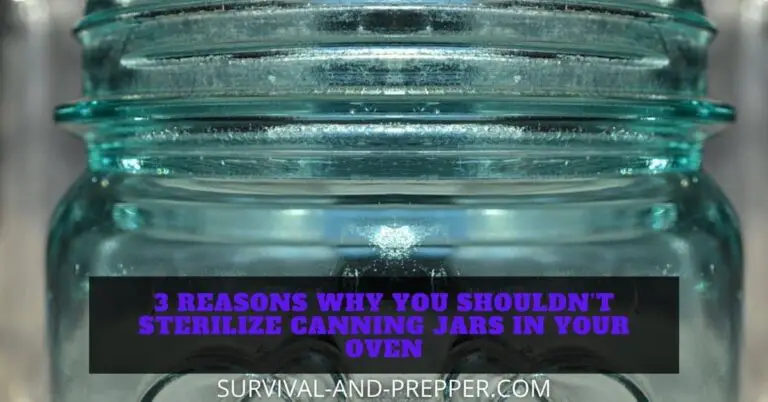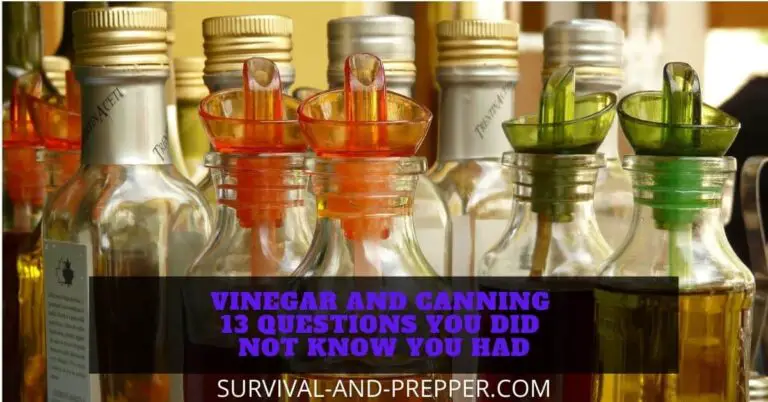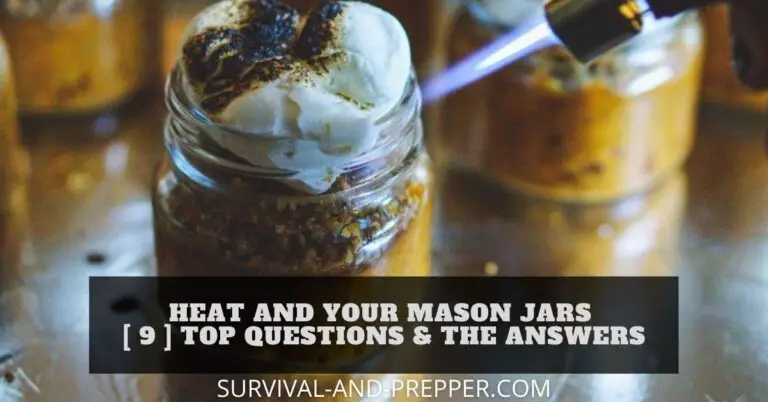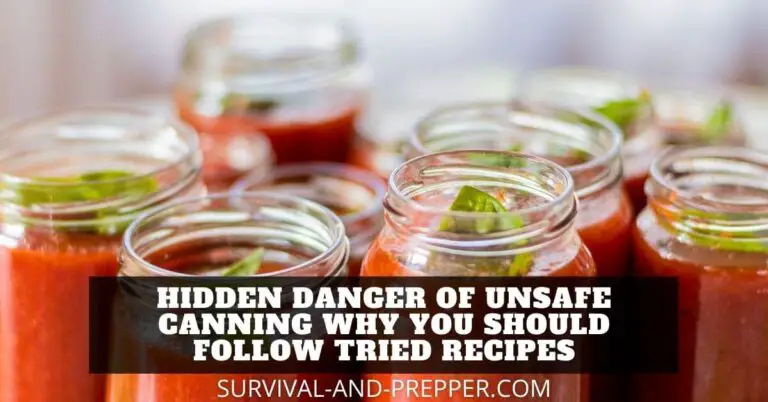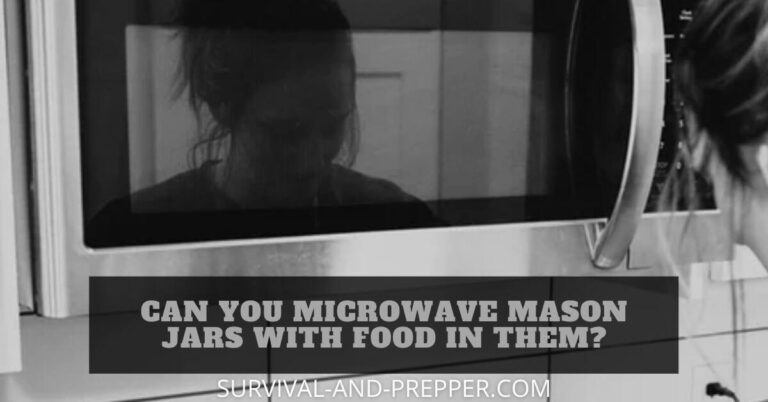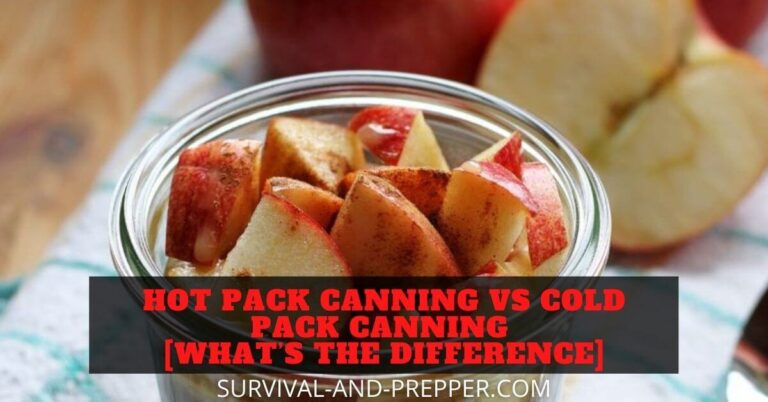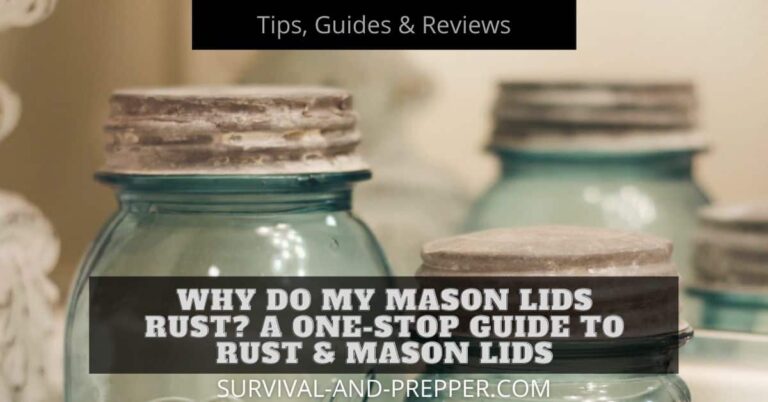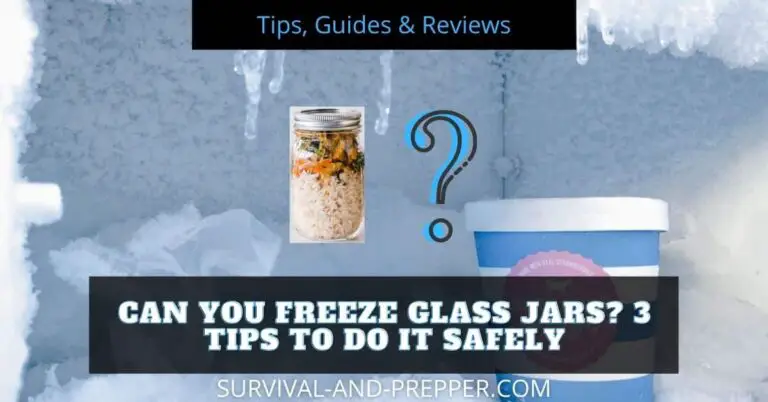3 Reasons Why You Shouldn’t Sterilize Canning Jars in Your Oven
If you have been canning for a while then it is likely you have been told how important it is to sterilize your canning jars. Newer research seems to indicate that you may not need to always sterilize your jars. For instance the University of Utah indicates sterilization isn’t needed for water bath canning in…
